The 44 Percent: Viter Juste, Haiti’s freedom cost & Buffalo
Without Viter Juste, there would be no little Haiti.
The name itself, translated to Ti Ayiti in Haiti creole, is an act of self-determination, a la Miami Gardens. Juste, a businessman who moved from Haiti to New York and then Miami in 1973 was a man of many firsts: first publisher of a French-language newspaper geared towards Haitians; first to create an adult education course for Haitians; and first chairman of the one of the earlier social service agencies for Haitians, the Haitian-American Community Association of Dade.

Decades after Juste coined the neighborhood’s name, Northeast 59th Street, from Fourth Court to North Miami Avenue, now bears his name (and that of his wife Maria), a sign of his enduring impact in the ever-changing Little Haiti. Even more special, his son Carl, a Miami Herald photographer, owns a gallery on 59th Street. In a heartfelt Instagram post, Carl described the moment as the following:
“There are many ways to describe my parents,” Carl wrote. “However, the two words that continue to echo in my ears are ‘Pere Juste’ (Father Juste in French) and the other ‘Mommita.’ I owe so much to them, and though they no longer walk this earth, they continue to be my guide and path (now literally).”
INSIDE THE 305
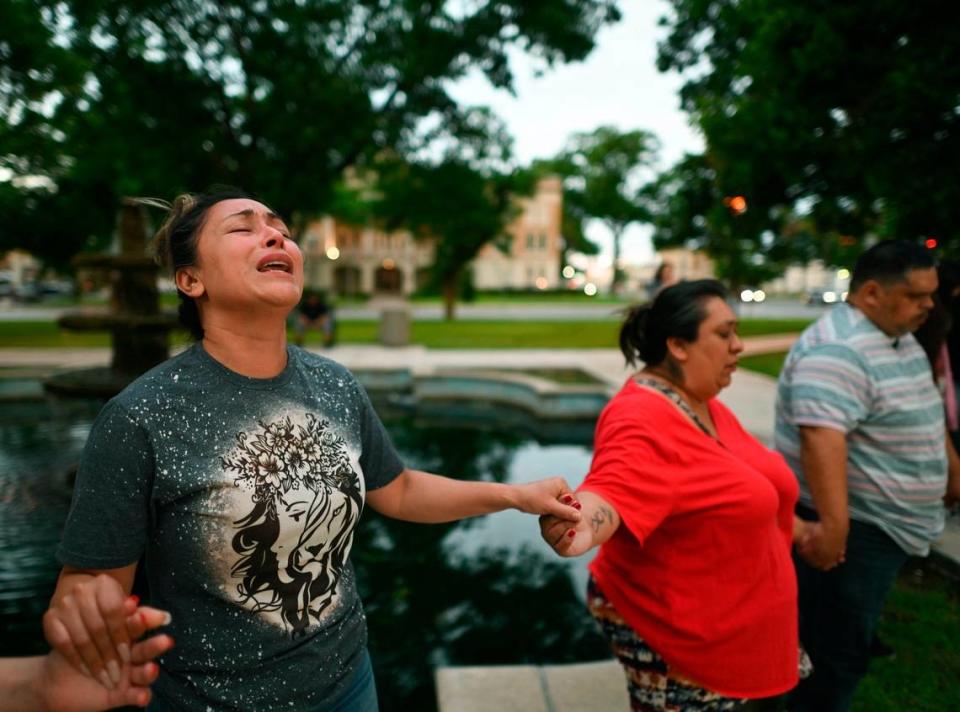
When there is hate and violence in our communities, each of us must speak up:
In the aftermath of mass shootings in Texas, California and Buffalo, New York, Miami Herald Executive Editor Monica Richardson penned a heartfelt letter to the South Florida community, charging us to do more.
I’ve said this to South Florida readers before and now I’m issuing a call to action — begging you to speak up. Use your voice. Don’t let hate and evil win in our communities.
Have your opinions, debate your rights fairly, but it’s simply not right to see something and do nothing when you suspect something is strange, weird, odd, or just off.
You know when something isn’t right and when you know it, do something about it.
We have to stop letting people get away with hate speech and threatening action. It’s not OK.
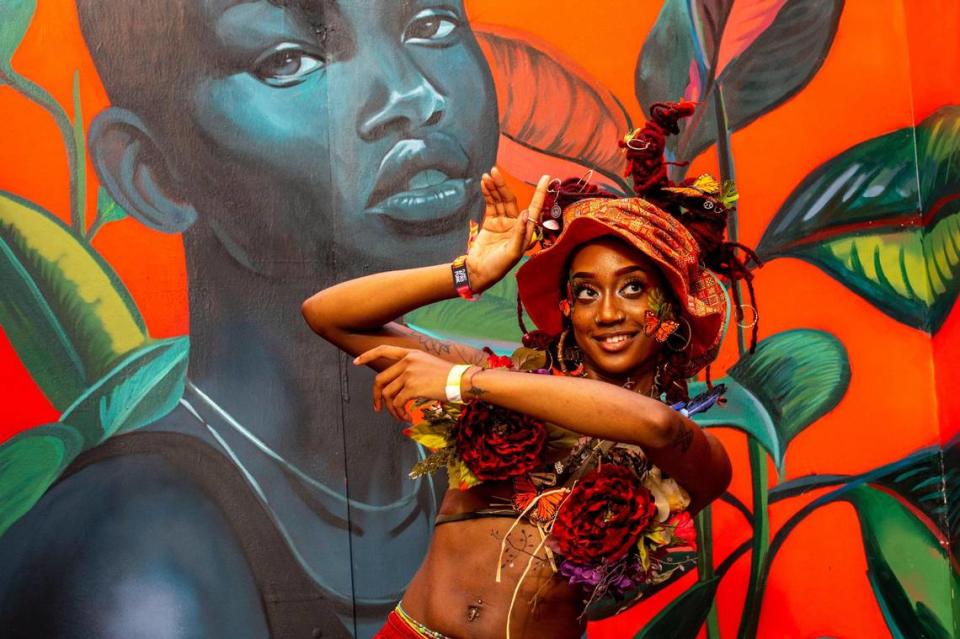
AFROPUNK outfits are legendary, and Miami did not disappoint. See photos of the styles:
Every year, at every AFROPUNK, one thing remains constant:
Attendees are going to step.
From the Black Panther costumes to the bodacious, beautiful afros, every outfit was an amazing expression of self. In honor of AFROPUNK’s first Miami iteration, we put together a photo spread to give our audience a taste of what the crowd is like.
OUTSIDE THE 305
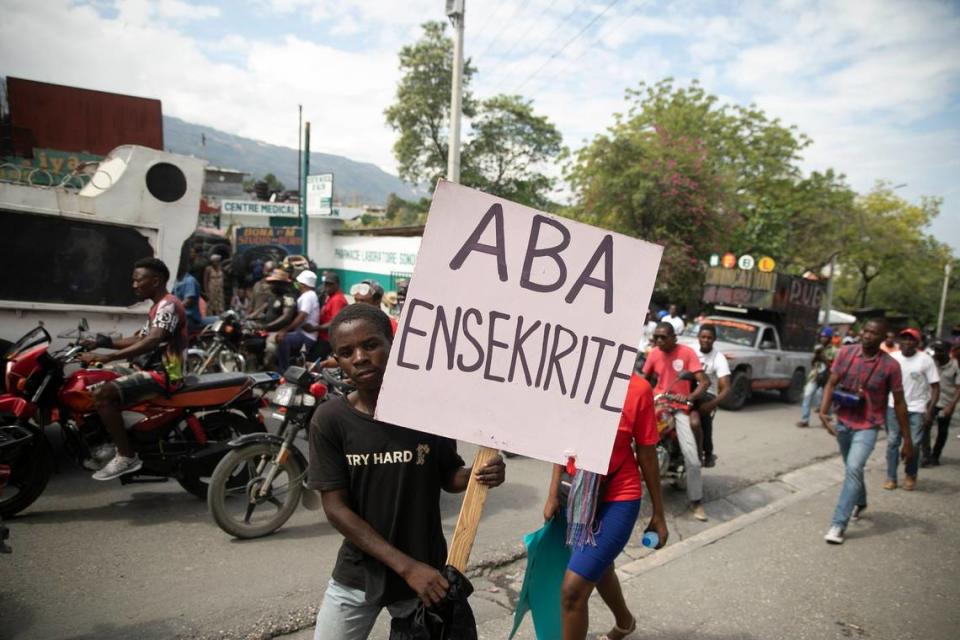
Reparations and foreign powers meddling.
That, in a sense, is at the heart of why Haiti has never been able to advance to the degree of other nations, according to the New York Times.
Remember, after Haitians ousted the French from their shores to become independent, the world power returned with a warship in 1825 to demand payment for the former enslaved people. In total, the New York Times calculated that Haiti paid an equivalent of $560 million to France for their freedom. The cost, however, was much greater:
Every franc shipped across the Atlantic to an overseas bank vault was a franc not circulating among Haiti’s farmers, laborers and merchants, or not being invested in bridges, schools or factories — the sort of expenditures that help nations become nations, that enable them to prosper.
After reviewing thousands of pages of archival documents, some centuries old, and consulting with 15 of the world’s leading economists, our correspondents calculated that the payments to France cost Haiti from $21 billion to $115 billion in lost economic growth over time. That is as much as eight times the size of Haiti’s entire economy in 2020.
Then there’s the meddling of the United States, which “treated Haiti like a cash register,” according to the New York Times.
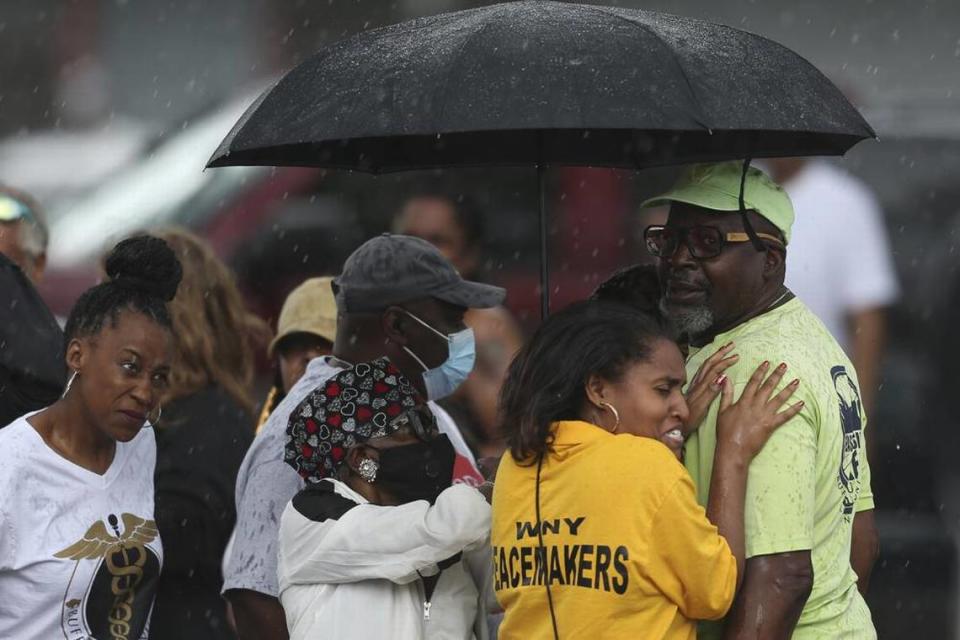
How Black children in Buffalo are processing massacre:
Not wanting to walk to the bus stop alone. Staying home from school. Trouble focusing.
These are some of the issues Black students in Buffalo are facing after a gunman shot up a grocery store in a primarily Black neighborhood, killing 10 Black people.
“The overall temperature is that kids feel burnout, and I would say a little bit hopeless for change,” Leah Rush, a family support specialist who has worked inside the school and conducted home visits for the past six years, told the New York Times.
She said students were already worried for their safety, especially since some had lost friends to gun violence. “They’re struggling to identify ways to change this, due to the years of segregation and oppression,” she said.
It gets worse. According to the New York Times, Black Buffalo residents are already facing a slew of other issues related to quality of life. Something as egregious as a racist mass shooting could have disastrous, long-term effects.
At the same time, living conditions for Black Buffalo residents, across measures of health, housing, income and education, have improved little and in some cases have declined over the last 30 years, according to a 2021 University at Buffalo report.
“The school doesn’t know how to accommodate for any of that,” said Dr. Henry Louis Taylor Jr., a professor of urban studies at the University at Buffalo.
Buffalo Public Schools were already struggling to serve Black students, education experts said. The district suspends them at especially high rates compared to other cities in New York.
The federal Department of Education’s Office of Civil Rights has found substantial evidence of racial inequality, including in hiring and in the locations of new schools, and required the city to address it. But experts say little progress has been made.
HIGH CULTURE
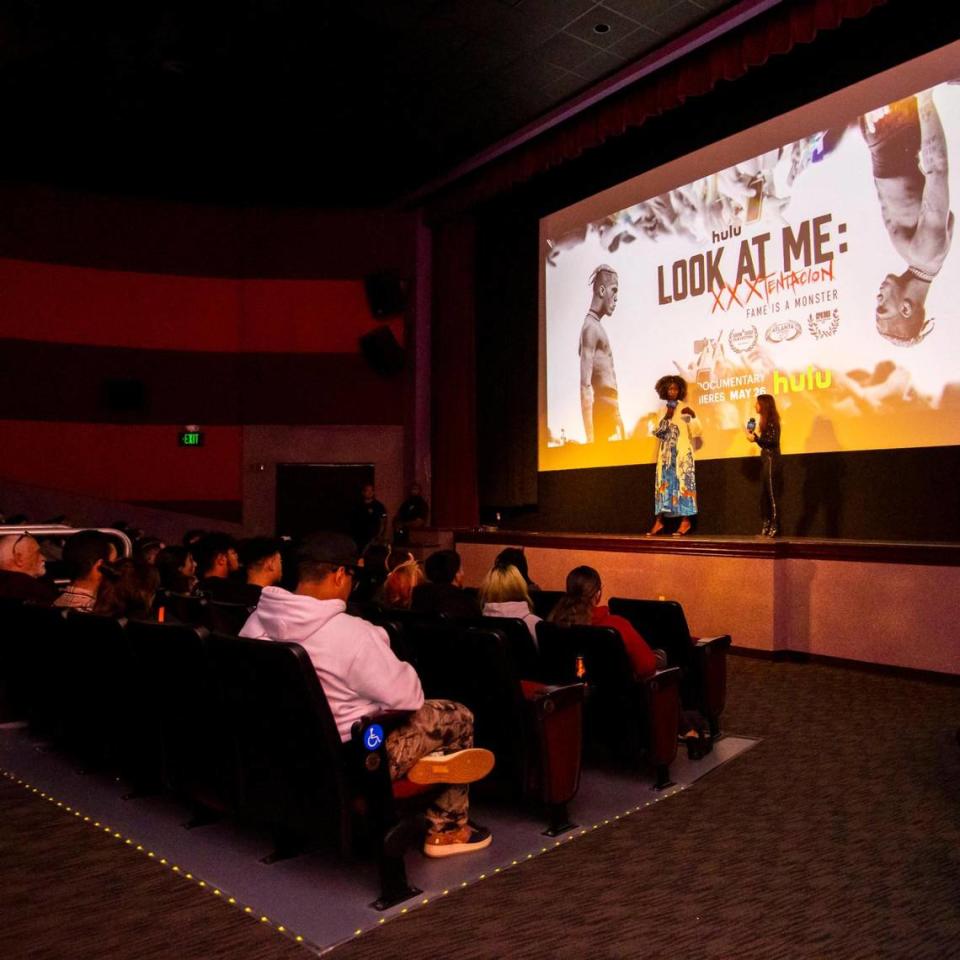
“Look at Me: XXXTentacion” documentary details late artist’s mental health struggles:
XXXTentacion was as controversial as they come.
At the time of his death in 2018, he still was facing charges related to an alleged domestic abuse incident involving his ex-girlfriend. That, however, is only part of his story.
Directed by Sabaah Folayan, “Look at Me: XXXTentacion,” dives into the upbringing and mental health struggles of the late artist who became a voice for a generation. The documentary is available now on Hulu.
Where does “The 44 Percent” name come from? Click here to find out how Miami history influenced the newsletter’s title.

